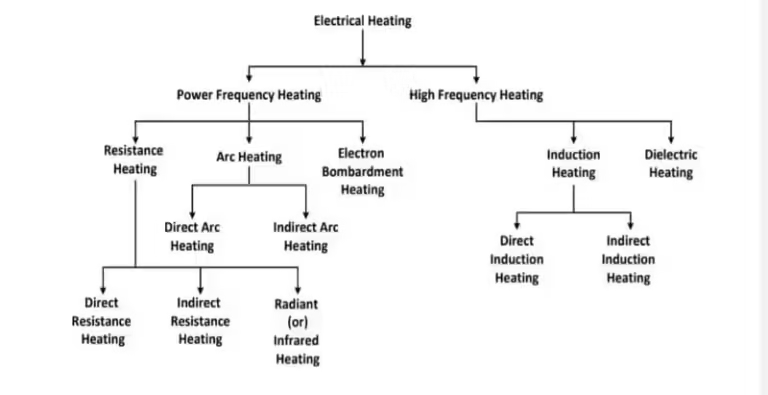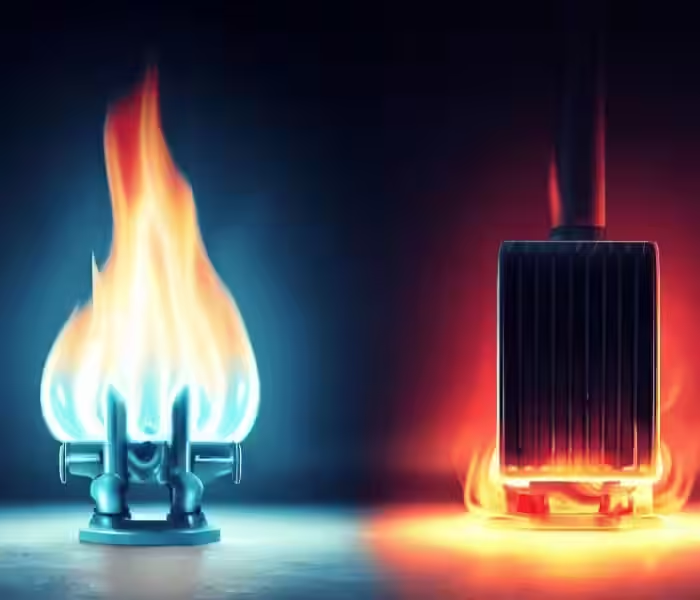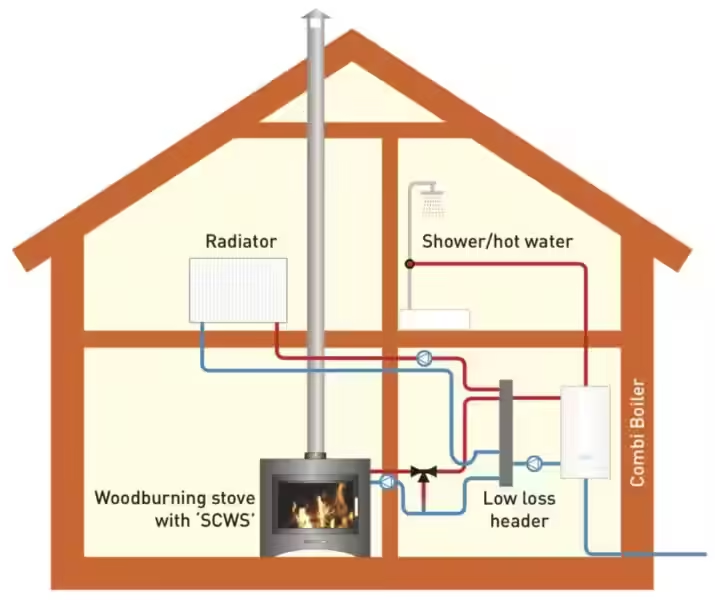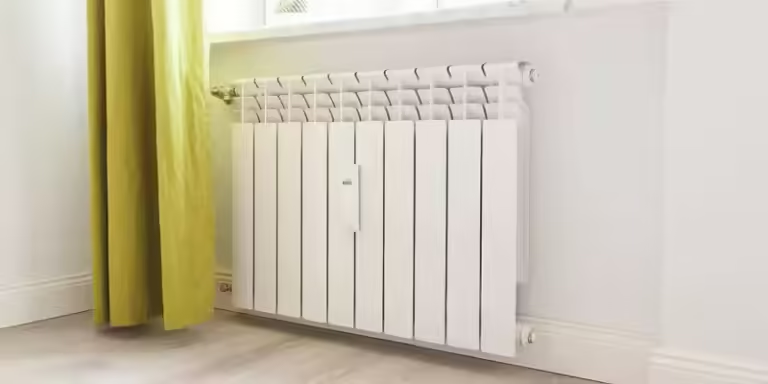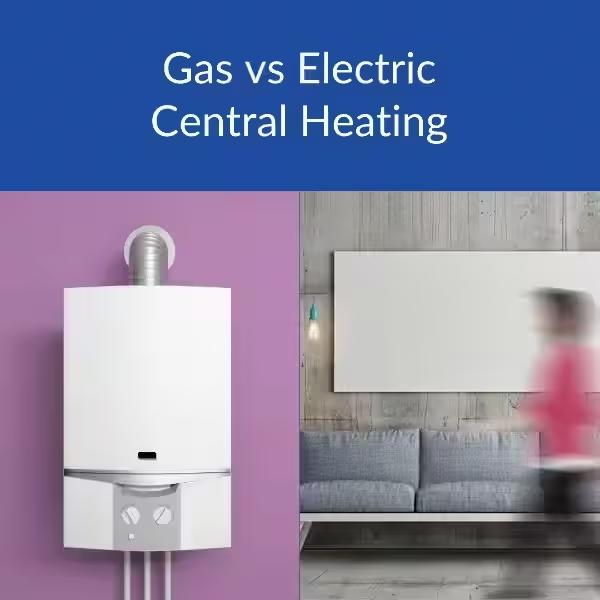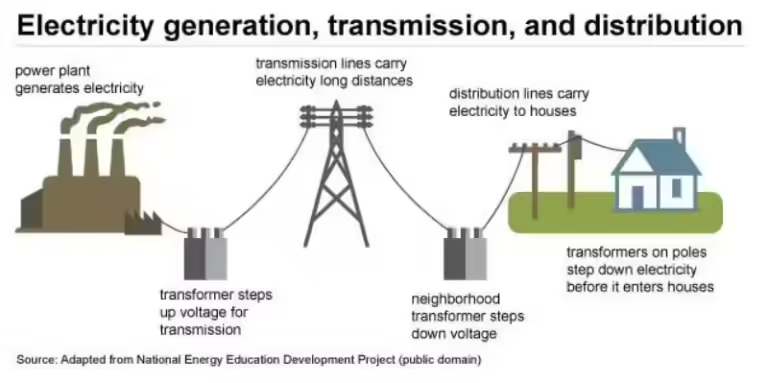Heating Your Home Electrically: A Guide to the Cheapest Options
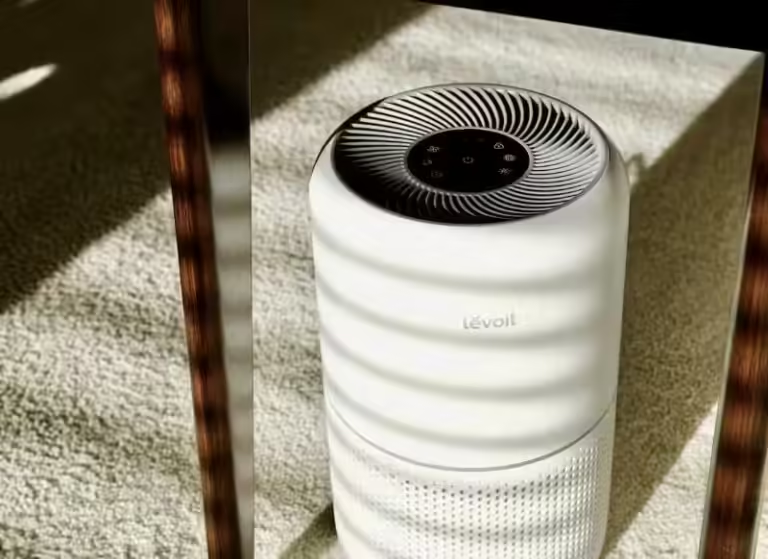
For many homeowners, heating their homes is one of the biggest expenses. While natural gas has historically been the cheaper option, electric heating is becoming increasingly appealing due to its cleaner energy source and reduced health risks. This article provides a comprehensive guide to the cheapest ways to heat your home with electricity, highlighting their pros and cons and offering tips for saving even more money.
Why Choose Electric Heating?
The shift towards electricity is driven by a growing desire for sustainability and health consciousness. Electric heating offers several advantages compared to traditional gas heating:
Cleaner Energy
Electricity is often generated from renewable sources like solar, wind, and hydro. This makes it a more environmentally friendly choice than natural gas, which releases greenhouse gasses into the atmosphere. Choosing electric heating helps reduce your carbon footprint and contribute to a healthier planet.
Healthier Air
Electric heaters don't release carbon monoxide or other harmful pollutants into the air. This is especially important for people with respiratory conditions or allergies, as it contributes to better indoor air quality and a healthier living environment.
Lower Maintenance
Electric boilers and furnaces require less maintenance than their gas counterparts. They have fewer moving parts and are less prone to breakdowns, saving you time and money on repairs.
Cheapest Electric Heating Options
The cheapest way to heat a house with electricity naturally depends on your specific needs and budget. Here's a breakdown of the most common options:
Heat Pumps
Heat pumps are highly efficient, using heat transfer instead of generating it. They can reduce heating costs by up to 50% compared to traditional electric heating systems. Heat pumps work by extracting heat from the outside air, even in cold weather, and transferring it indoors. They are a great option for moderate climates but may not be suitable for extremely cold regions where they become less efficient.
Space Heaters
Space heaters are the cheapest option for room-specific heating. They offer flexibility and cost savings when used strategically. You can heat only the rooms you're using, rather than the entire house, saving energy and money. However, space heaters are not as efficient for large spaces and require monitoring to prevent overheating or fire hazards.
Electric Baseboard Heaters
Electric baseboard heaters are more efficient than space heaters, but they are not portable. They are typically installed along the walls and provide a consistent source of heat for specific rooms. They can be a cost-effective supplement to central heating or a standalone solution for smaller spaces.
Electric Radiant Floor Heating
Electric radiant floor heating is highly energy efficient due to its even heat distribution. It uses embedded wires or cables to warm the floor, which then radiates heat upwards. This creates a comfortable and cozy environment, similar to natural sunlight. While it is a very efficient heating method, the installation is complex and expensive, making it more suitable for new builds or major renovations.
Electric Furnaces
Electric furnaces are powerful and effective for whole-house heating, but they are also the most expensive option. They are beneficial for homes that already have existing ductwork, especially those with older gas furnaces that need replacing. If you're considering an electric furnace, it's essential to factor in the initial cost and ongoing energy consumption.
Tips for Lowering Heating Costs
No matter which electric heating option you choose, there are several strategies you can implement to minimize your energy consumption and save money on your heating bills. Here are some practical tips to consider:
Improve Insulation
Proper insulation in attics, windows, and basements can save up to 15% on heating and cooling costs. Air leaks can cause significant energy loss, so sealing cracks and gaps is crucial. Consider upgrading to more efficient windows and doors, and ensure your attic and basement are adequately insulated. These investments will pay off in the long run by reducing your energy consumption and lowering your heating bills.
Dress Warm
Utilizing blankets and sweaters can minimize the need for heating. By dressing warmly, you can lower the thermostat setting and still feel comfortable. Simple things like wearing slippers, socks, and layering clothes can make a noticeable difference in your home's energy consumption.
Keep Doors Closed
Maximize the effectiveness of space heaters and baseboard heaters by isolating heated rooms. Close doors to prevent warm air from escaping and cold air from entering. This will help contain the heat and reduce the amount of energy needed to maintain a comfortable temperature.
Combine Heating Devices
Utilize a central heating system in conjunction with space heaters for targeted warmth. If you have a central heating system, consider using space heaters in specific rooms you use most frequently, like the living room or bedroom. This allows you to heat only the areas you need, reducing energy consumption and lowering your heating bills.
Use a Smart Thermostat
Optimize your heating schedule based on your daily habits for automatic temperature control. Smart thermostats learn your preferences and automatically adjust the temperature throughout the day, ensuring optimal comfort and energy efficiency. They can even be programmed to turn down the heat when you're away from home, saving you even more money.
Choose Clean Energy
Explore options like community solar, installing solar panels, or switching to cheaper energy plans to reduce your electricity bill. By utilizing renewable energy sources, you can significantly reduce your dependence on traditional power grids and lower your overall energy costs.
Key Takeaways
Electric heating offers numerous advantages in terms of cleanliness, health, and maintenance. The best option for you depends on your heating needs and budget. Consider the size of your home, your climate, and your lifestyle when making your decision. By combining different heating devices and adopting energy-saving strategies, you can maximize your home's efficiency and enjoy a warm and cozy home while minimizing your environmental impact and saving money on your energy bills. Remember, investing in insulation and clean energy sources can significantly reduce heating costs in the long run.

